Host Organisation
Indigenous Education Network of TI/IEN
Description
"Global policies to reduce carbon emissions and limit global warming have so far not been
successful. The people who contribute the least to climate change, particularly Indigenous Peoples and local communities, are those who are directly impacted the most by the effects of global warming. They are also disproportionately affected due to the failure of states to recognize and ensure their collective human right to their own self-determined development and means of subsistence
The objective of our side event is to show how colonialism is still a reality for Indigenous peoples and local communities around the world. Although you are asked to speak as a continental representative we hope you will also speak of the experiences of your community has confronted catastrophic climate events.
The discussion with our panel of expert speakers will include human rights and colonialism, climate justice, local communities and Indigenous peoples’ response to global warming as well as Article 6 of the Paris Agreement and how its false solutions negatively impact frontline communities.
It will also explore how drought and flooding affect the food sovereignty and food
security of Indigenous and local communities, the nature of extractive industries and roles of private companies in colonization and fossil fuel development, as well as the criminalization of human rights defenders opposed to colonization and resource extraction, including fossil fuel extraction.
Speakers
Tom Goldtooth, Alberto Saldamando, Tamra Gilbertson, Panganga Pungowiyi, Nnimmo Bassey, Elvis Huni-Qui, and other international speakers to be confirmed
Languages
English

